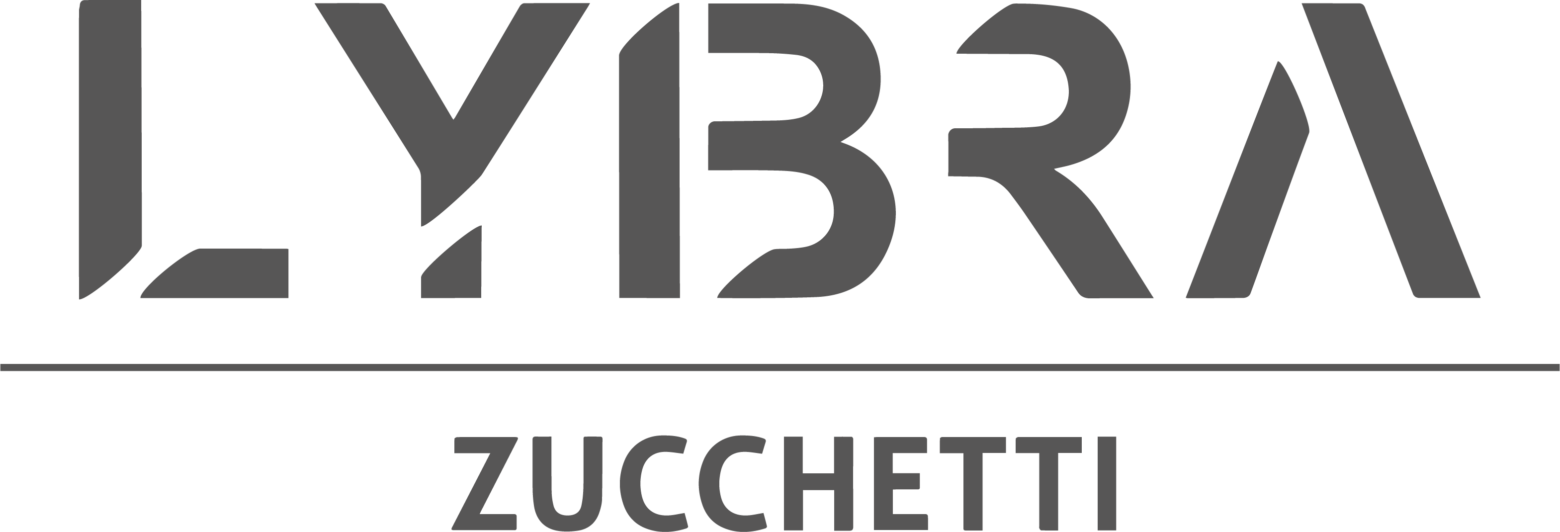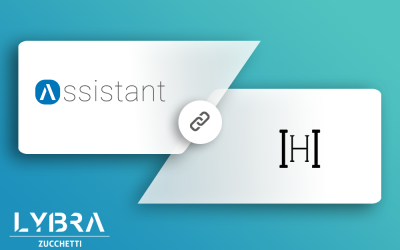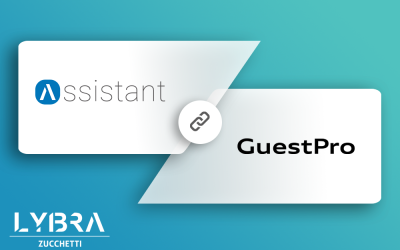Understanding hotel demand is a complex science, and it is based on the interplay of a range of different data sources. While this kind of forecasting can never be 100% certain, you can get a good idea of your projected demand by building as many of these sources into your forecast as possible. But what are these data sources exactly – what do you need to focus on as you predict demand for your hotel business over the coming year and beyond?
Internal Factors
Much of the data you work with will be internal – i.e., it has been generated by your hotel itself in the past. Drawing on this internal data helps you to build a solid base for your prediction.
Product Factors
A hotel is essentially a collection of products with different price points – for example, a luxury suite is going to be priced higher than a basic room, while a family room is likely to contain more guests than a single-bed option.
This will need to be factored into the raw data when forecasting demand. Let’s say 5% of your rooms were left unoccupied on a given date in the past – which rooms were these and how did this impact the total number of guests in the hotel?
Channel Performance
Online channels are the driving force for hotel bookings – 68% of travel and tourism bookings were made online in 2022, and this figure is expected to rise. Despite this, your own bookings likely come from a wealth of different sources, perhaps stretching from your own website through to print magazine adverts, travel aggregator platforms, and travel agent partners. Consider this as you build your forecast. Which channels have performed well in the past, and at which times of year? From here, you can build up a more accurate picture of demand.
Previous Guest Intention
Knowledge of your previous guests is important for future forecasts. Some guests may have been in the area on one-off visits, while others may be returning customers. You may also have guests that were first-timers but plan to come back in the future.
Learning more about your guests and their future intention will prove valuable for resource planning.
Guest Profiles
Developing your guest profiles further can provide even more insight. For instance, are your guests likely to tell others about their great experience, or will they keep this information to themselves? When they return, will they need extra services and add-ons – guest excursions, baby cots, or fine dining experiences? The more you know about your guests, the better you can predict their behaviour in the future. This makes it easier to understand demand and to achieve accurate predictions.
External Factors
There will be other factors to consider too – many of these will be external factors that may be outside of your control or influence but still need to be taken into account.
Seasonal and Temporal Factors
Seasonal changes are always influential in this sector, and this forms a basic building block for your future forecasts. What ratio of your visitors visit during spring, summer, autumn, and winter? School holidays and events throughout the year will also have an impact on demand. Outside of extraordinary events – such as the Covid-19 pandemic that saw hotel occupancy rates drop to 11% in Europe – guests typically follow seasonal patterns.
Local Development
New developments in your local area – such as tourist attractions and transport links – may have an effect on levels of demand. If there have been significant changes in the region close to your hotel, expect the demand levels to reflect this.
Competitor Activity
It doesn’t hurt to see what your competitors are up to. In fact, this can be very valuable indeed. As we’ve touched on above, there are so many different aspects and factors that contribute to the overall forecast, so there could be trends and datapoints that you have missed. Analysing the past performance of competitor hotels, especially if they are in your niche and longer-established than your business, can provide useful insight into market direction for the coming season.
Managing Data with an RMS
With so much data to keep on top of, you need a helping hand. This is where your revenue management system, or RMS, is going to play a huge role in forecasting.
Our Lybra Assistant RMS represents your route to reliable forecasting and a data-focused strategy. Book now your free demo of the solution today.










